
Is Ship My Plants the new Amazon for garden centers?
It was by selling through Amazon that Rich Christakes, CEO of Alsip Home & Nursery — with locations in Illinois and Indiana — was inspired to create Ship My Plants.
“Here at Alsip Home & Nursery, we started with selling Christmas décor online,” he said. “And, using Amazon, we started to realize that 1) the power of the marketplace brings a lot of customers, but 2) the commission fees that Amazon charges are really high.”
In addition, he said the return policies were “not very conducive to plant sellers.” The one-size-fits-all approach lumped plant material into the hardgoods category, with returns coming to him in pots he recognized as coming from the big box stores — and sometimes even boxes of dead sticks.
He said it was a desire to provide a better consumer experience that drove him to create “a platform that’s mutually beneficial for both the sellers and the end consumer with a lower commission rate.”
Finding New Customers — and Letting Them Find You
According to Forbes, just over 20% of all retail purchases would be made online in 2023, and by 2026, that number jumps to 24%. For garden centers looking to increase not only sales but also who they’re selling to, e-commerce can provide a viable option.
Christakes said Ship My Plants is the first online, multi-vendor platform created for the green industry by people who know the green industry. He emphasized the intention isn’t to replace independent garden centers, “I strongly believe in the independent garden center channel — I own three of them. And I understand the needs and wants and concerns.”
Ship My Plants is “a way to find more customers and a way for more customers to find you. It’s an outlet for your top items or items that you’re long on. It’s leveraging your own inventory and not someone else’s. This is not to take away from your business; this is to add on to your business.
“This is also a way for those who aren’t already in the e-commerce world to literally dip your toe into the water and say, ‘This might work for me. I can handle throwing five SKUs on here,’ or maybe they want to expand and go bigger. It’s pretty much something for everyone, and the garden centers, the growers and the end consumers are all going to benefit from it.
“I think this is going to be the biggest thing in consumer horticulture for 2024. And I can say that pretty confidently.”
Location, Location, Location
Christakes’ vision goes beyond simply selling online, but rather to sell by location, with the user typing in their zip code and then only sellers who ship to that zip code would be listed.
“For example, we have a seller in Connecticut who does up to a 3-gallon shrub in a box and ships to 41 states. They don’t go west of the Rockies because of the geolocation. The user experience is such that if you’re west of the Rockies, those products will not show up for you.” He said that keeps buyers from buying something that won’t be suitable for their Zone, thus eliminating any disappointment.
He said the platform does allow sellers to sell plants across categories depending on the consumer’s Zone. “If you’re in Chicago, a lantana is an annual; if you’re in Tennessee, a lantana is a perennial. If you’re in Florida, a lantana is a shrub. Ship My Plants allows this kind of flexibility.
“Our goal is to be similar to how, when Amazon started, it was to be the one place that you can find any book. It started as a book company; our goal is to be the one place that you could find any plant.”
He said the geolocation also offers environmental benefits. By connecting buyers to the closest sellers, fewer carbon emissions are released, as well as the plant materials spending less time in a truck — which is also better for the plant.
World’s Largest Commercial Plant Database
Christakes said the site has the world’s largest commercial plant database built into the backend of the site, the NetPS Plant Finder database, with over 40,000 unique cultivars. About 2,000 plants are added each year to ensure the tool is up-to-date with rare plants, new introductions, local plants, natives and more. The next expansion is scheduled to go live in February 2024.
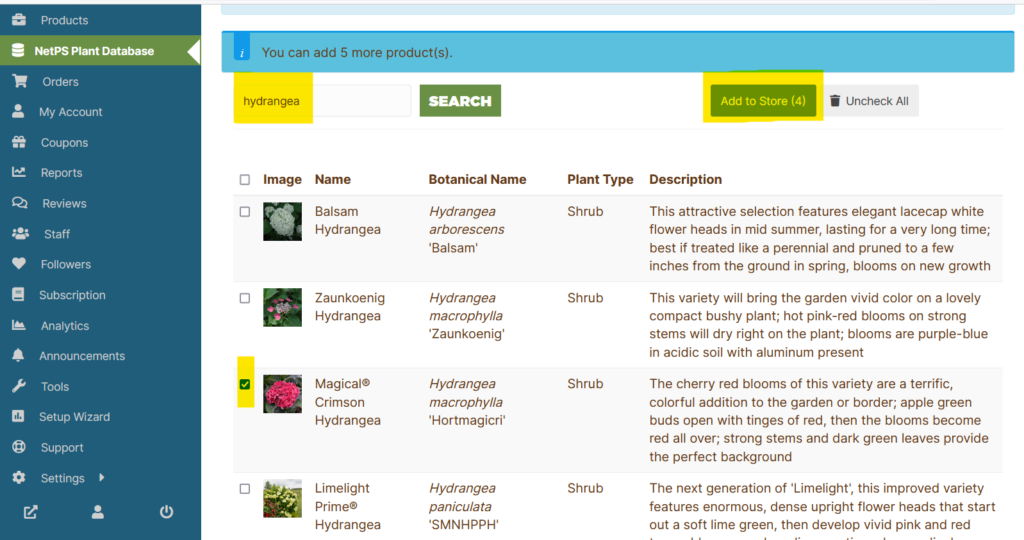
“We have an IP agreement with James Kohut from Northscaping, who created the database. He has 260 garden centers using the database on their websites. I’ve been a client of his since 2009, and have had his database on the website.
“The Plant Finder Tool makes the onboarding process for sellers very quick and simple,” said Christakes. “Sellers can add plants with just the click of a button, and the product records will stay up-to-date. With almost 40,000 plants on our marketplace, this tool is a no-brainer for us and the sellers.”
DoorDash for Plants
Christakes likens the Ship My Plants platform to how restaurants use DoorDash, where sellers can list items for sale and set prices and a delivery zone. He said garden centers can use it to expand their customer base and find more sales.
“It doesn’t take away from what [garden centers] are already doing, but would leverage their products the way restaurants use DoorDash where they only put the dishes that they sell a lot of as a way to expand their reach.
“And they can do only five products if they want to and just dip their toe in the water and see what happens. We actually use DoorDash at Alsip Home & Nursery here, and on the big holidays like Valentine’s Day, Mother’s Day and Christmas, we get a lot of action. It’s almost mind blowing to see the DoorDashers running in and out of here.”
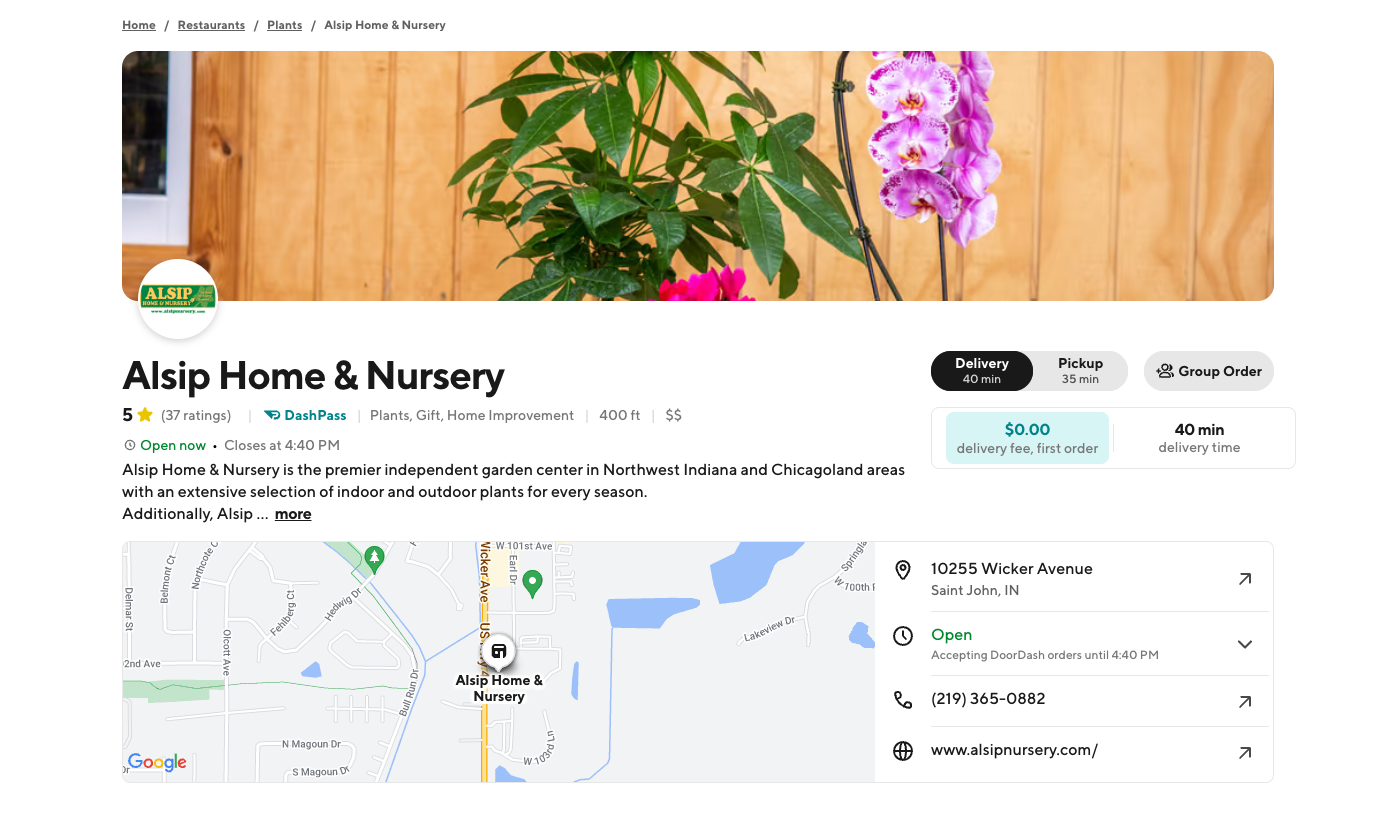
He said some of the holiday-specific goods sold on DoorDash include fresh-cut porch pots, centerpieces and fresh cut Christmas trees.
Christakes said Ship My Plants beta-launched in July at Cultivate, so site-wide, the top sellers in the spring were garden plants including tomato and pepper starts and herbs, as well as some shrubs and perennials.
“Cabbage, kale and ornamental peppers for fall have all been very strong sellers as well,” he said. “Houseplants are starting to pick up, and we’re trying to expand that and get a good amount of houseplant sellers on there as we get into the winter.”
On the plant care side of things lately, he said neem oil has been a good seller. “The We the Wild brand neem oil [Protect Spray with Neem] has been selling really, really well on the site. Soil for growing cannabis has also been a big seller.”
Influencing the Future of Selling Online
Christakes said their marketing plans for the rest of this year into 2024 include working with several social media influencers.
“The really cool thing is that influencers can create their own stores on Ship My Plants and even have fulfillment relationships with growers,” he said. “It’s a great way for an influencer to have another revenue stream.”
He said they also intend to add both a video selling and a live selling feature to the site similar to QVC. “Anything that has a video performs way better than anything that’s just a still image on a screen. The video selling feature is probably the next big thing that we’re going to be focusing on, and then an affiliate program for influencers — that’s something that’s in the works as well.”
Christakes said the company’s goal is to have Ship My Plants be a household name by 2025, with people searching for someone to deliver plants and plant-related goods to them visiting Ship My Plants first.
“We want it to be the place that consumers go first. If there’s a plant they can’t find, they’ll eventually be able to find it on Ship My Plants when we have all these sellers on there.”



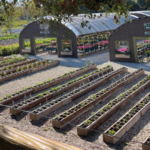




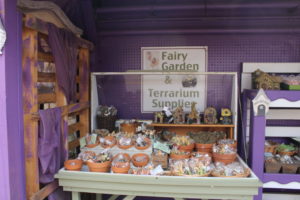
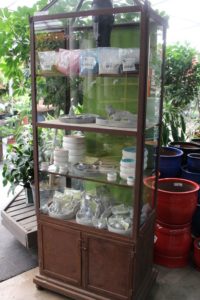

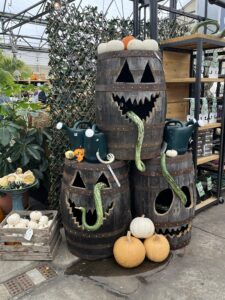
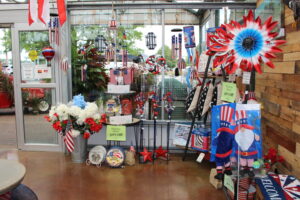

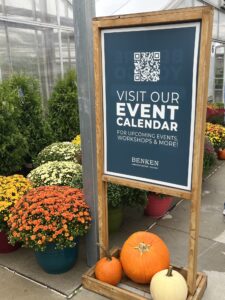
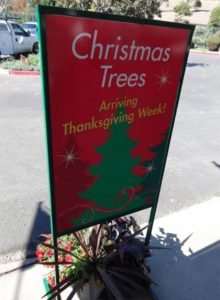
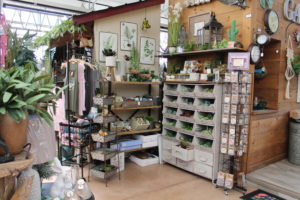
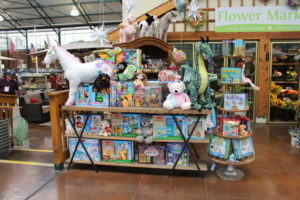

 Videos
Videos





